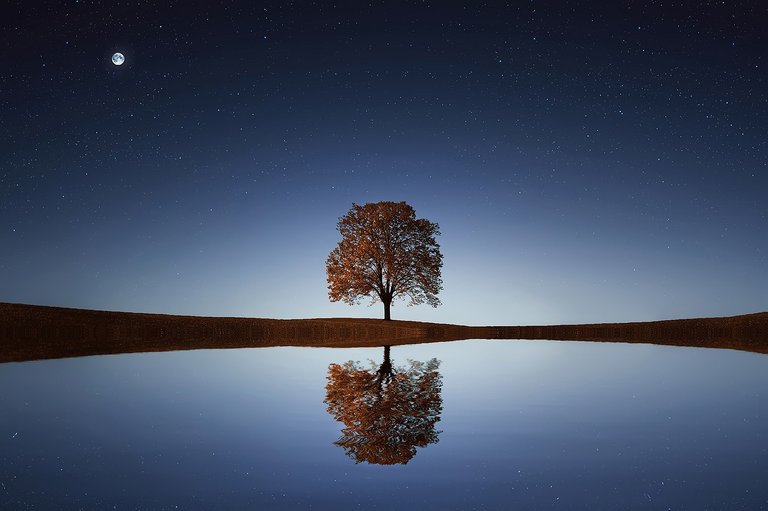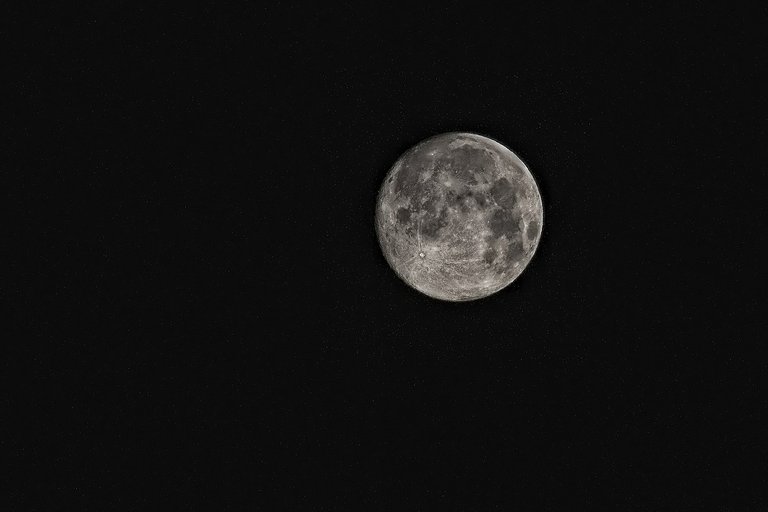We have been taught that light travels at the fastest speed for a physical object. However, darkness runs when light appears and comes back when light disappears, so they have the same speed level.
But some other types of darkness have higher speed than light. Let’s look at shadow here. It has the tendency to be larger than the main object casting it in some distance. When shadow covers the entire object that casts it, it moves a greater distance than the object within the same space of time. So, it travels across the surface faster than light.

Point a light to the moon and move your finger across the source of the light from your position. The shadow will travel thousands of kilometers to get to the moon from the light, while your finger movers few centimeters on the surface around you.
But, information can’t travel faster than light and shadow doesn’t transfer any information from one point to the other. It only moves from you to point A and to point B. Shadow is simply a gap of three dimensions, and not an object. So shadow does not travel at all. It is all an illusory feeling in our mind. It’s not physical thing, but the absence of physical things.
But this does not prevent 2 shadows from embracing. When two shadows are brought together, they tend to have a pull towards each other once they get close. It’s like a smooch of darkness and it is called the shadow blister effect. This is caused by the shadow's anatomy.
Umbra is where a light source is entirely blocked by an object. Penumbra is when just a section of the source of light is blocked. The overlapping of two penumbras could give a difference due to the manner of light they block. This is called the shadow blister. There is a very big umbra on the earth, which is up to 1.4 million kilometers long. So for the earth not to have the diameter to block out the entire sun, you have to be 1.4 million kilometers far away from it. We are not as far as that from the sun. That is why the night is umbral. The night is the shadow of the earth on us.
You must have observed that the sky retains some light after the sunset. These are twilights. There are many of these, including the civil twilight where the sun is 6 degrees below the horizon. This is a technical twilight and could be so bright as to allow you do some things. When it goes down 12 degrees, it becomes the nautical twilight. Astronomical twilight happens at 18 degrees, and the night gets darker, but with faint lights. Below this is the proper night. People living in higher than 48 degrees north or south latitude will never experience pure night time because it will never get below 18 degrees during summer. This is slow darkness, and it's slower than light
But faster darkness happens when for instance two different blades of the scissors are brought together. The darkness that will take a light year to travel; travels within the one second if this happens.
Another darkness that moves faster than light happens when waves collide. In this case, their crests fuse into larger crests at the point of collision, while their trusts fuse into larger trusts. We can explain the interference as a constructive one. But there is a destructive one where the crests collide with the trusts. If light is waved off by this, darkness takes over. This darkness has the capability of travelling like the intersection between two lines. By so doing, it moves faster than light.

A bank robber was nabbed in Pittsburgh sometime because he used lemon juice as his only disguise material. He used it to cover his face because he knew it could be used to write on paper as an invisible ink. But he does not understand the mechanism behind that and how cameras dictate people. So, he uses this to make himself invisible.
His mistake is down to a level of inspiration called Dunning Kruger Effect overly applied erroneously. This means people overestimating their abilities and knowledge when it comes to particular subjects. This is just because they think they know much even when they know so little about such subjects. This effect also makes some deeply knowledgeable experts to believe that all others know what they know in their field and that they know nothing special.
So, do we actually know the real speed of light and darkness? As rightly put by one of the scientists, enlightenment leads to benightedness and science entails nescience.
I always like to read your post. Very inspiring. Hope you can post more in future.
good job, keep it up !